All Rights reserved
By continuing to use our site, you agree to our Private Policy and Terms of Use.
Almost 20 years ago, a quartet of New Yorkers abandoned the aggro constraints of hardcore and helped draft the blueprint for emo. The group, Texas Is the Reason, dealt almost exclusively in soaring vocals, confessional lyrics, and a style that jived with both post-punk and the early '90s indie rock scene.
Though they released only one full-length album and a few other tracks before splitting up in 1997, they created a sound that has rippled into the work of emo tastemakers like Taking Back Sunday and Thursday. Now, Texas Is the Reason is embarking on a farewell tour and releasing the compilation Do You Know Who You Are?: The Complete Collection (Revelation Records), which contains their entire discography, plus two recently recorded tunes.
"We felt we needed closure on these songs we had written in the '90s," says guitarist Norman Brannon, who came out as gay shortly after the band's breakup and has since gone on to cohost here! TV's The Deal. "Now that we're ending this, I want people to know our hearts are in the right place."
Out: Now that Texas Is the Reason is getting some recognition, how do you feel about the band's legacy?
Brannon: The concept of legacy for me has always been something I've been uncomfortable with.
Why is that?
I don't know that there was ever any sort of expectation of longevity for our band. Even to go so far as to say that the person who wrote our very first press release said he thought we were on the verge of breaking up at any second.
So why do a reunion?
We're basically doing this in a completely positive and ultimately temporary way. I think the fact that we're doing it that way is helping us give it our all.
Being in an emotive band like Texas Is the Reason in the '90s, did you feel open with your sexuality?
I wasn't out then but I was never a closet case that tried to front on hot women. There was never any hyper-masculine posing. If anything, people thought I was antisocial and asexual. To be honest, in the 1990s, there was this strange asexualness that existed in the indie-rock scene. My current partner sang for an indie-rock band called Spent. He came from the same place. He says, "Even straight indie-rock guys didn't seem to be getting laid that much." It wasn't this over-sexualized scene to begin with. It was very easy to be closeted.
When you did come out, was anyone surprised?
I will definitely say that no one was surprised. But at the same time, we had created that space where I didn't need to have this dramatic coming out. It just was and everybody seemed to know it immediately.
When you regrouped recently you recorded some songs you'd written in the '90s. Why is that?
We had these songs we were writing for this record that never came out. When we sat down to talk about the [reunion] shows, we were like if we're going to play the show, we're also going to play these songs. We wanted to give them life.
Watch this microfilm by Steve Pedulla



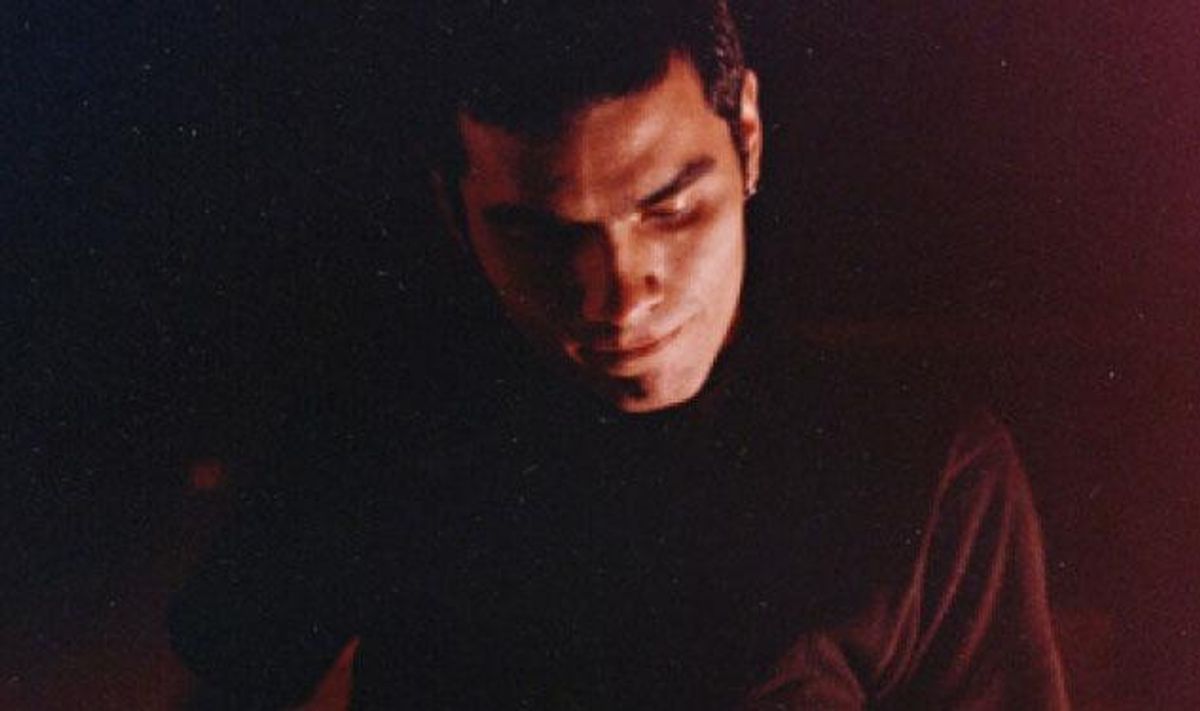




















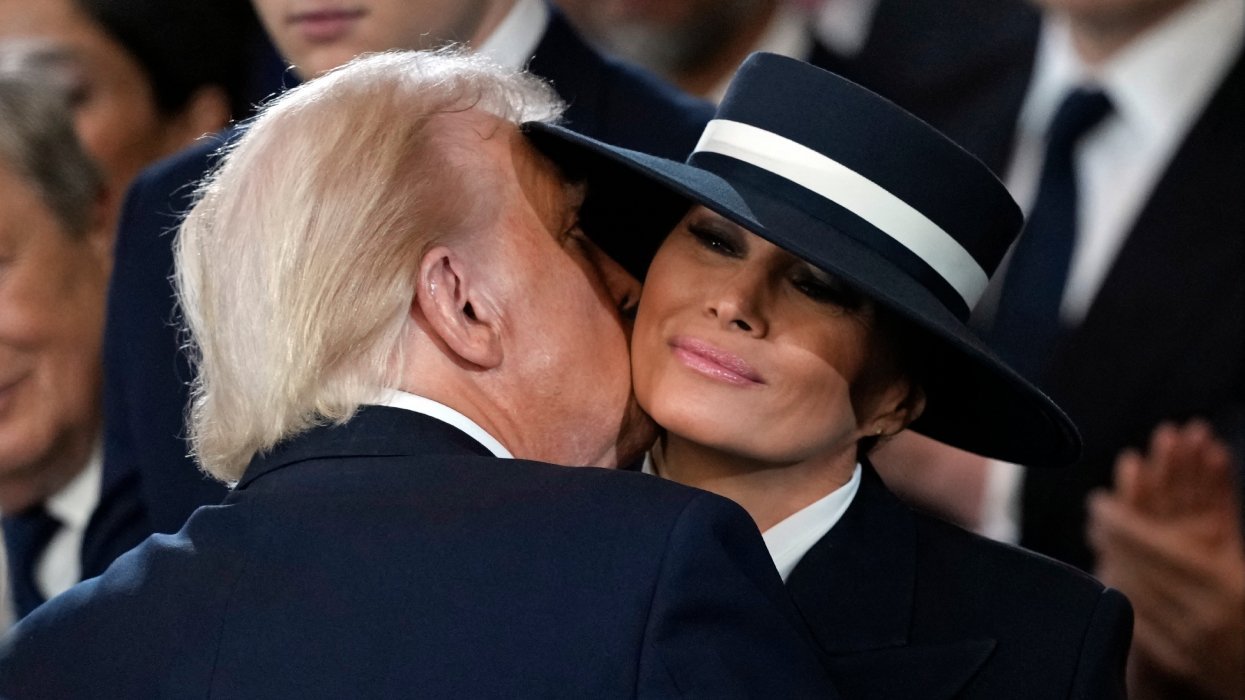





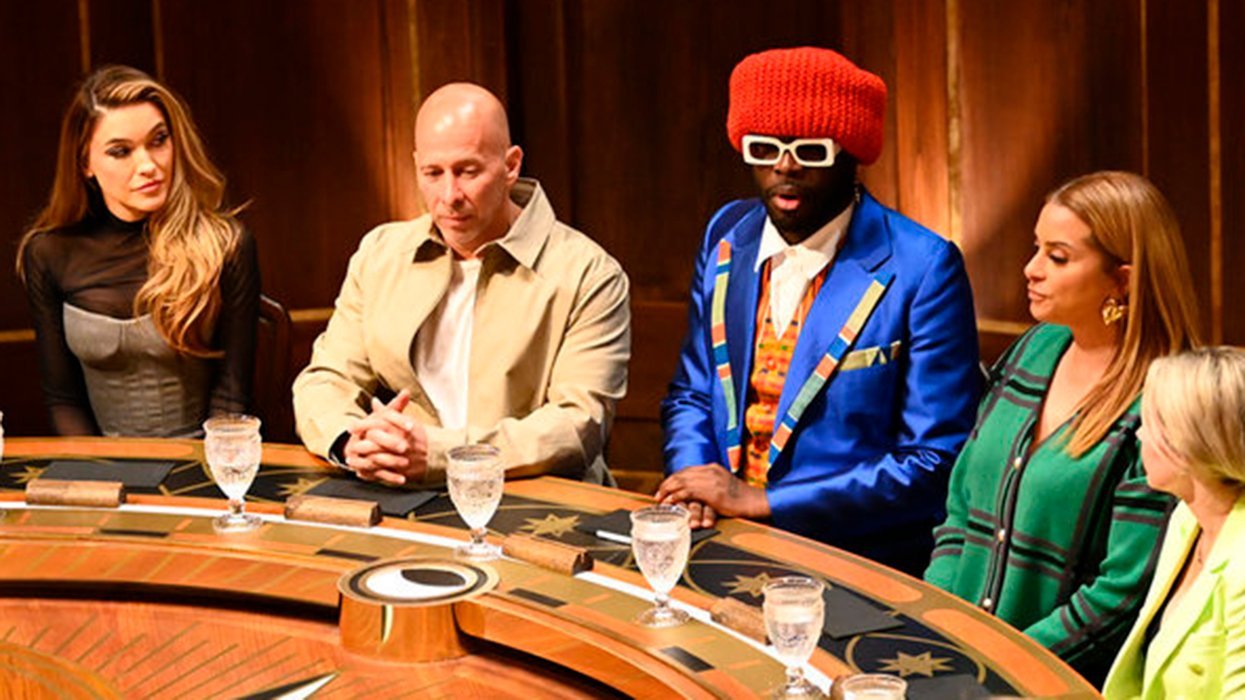
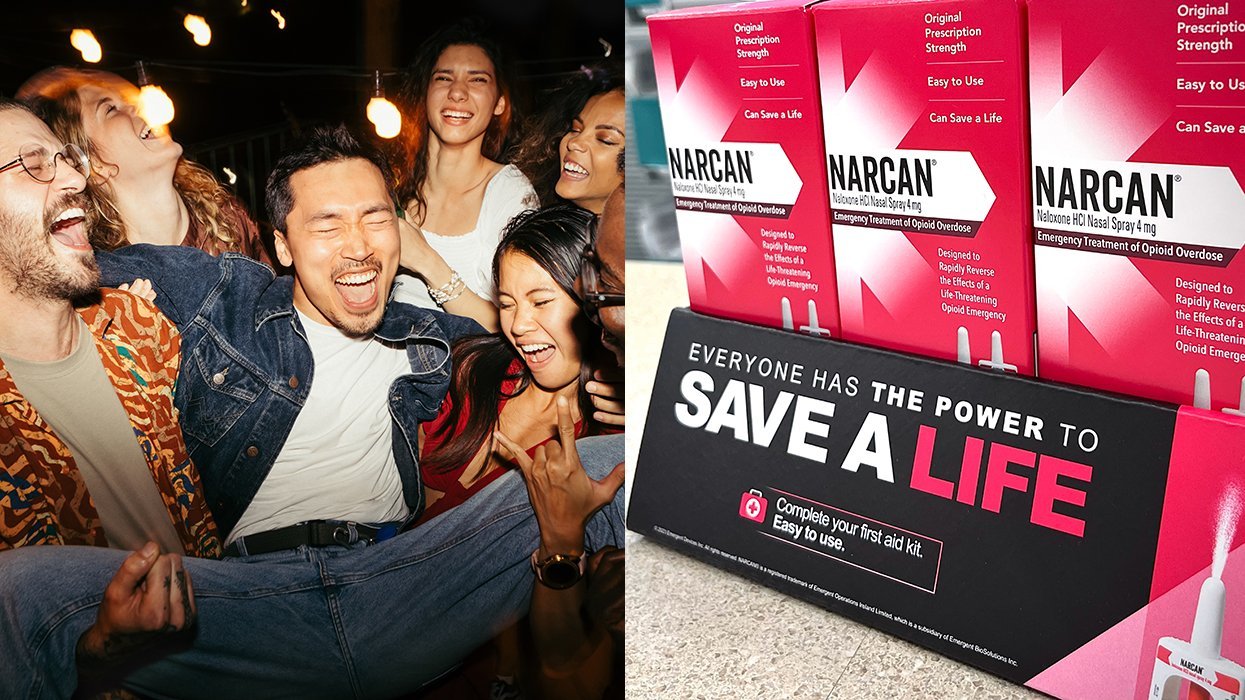

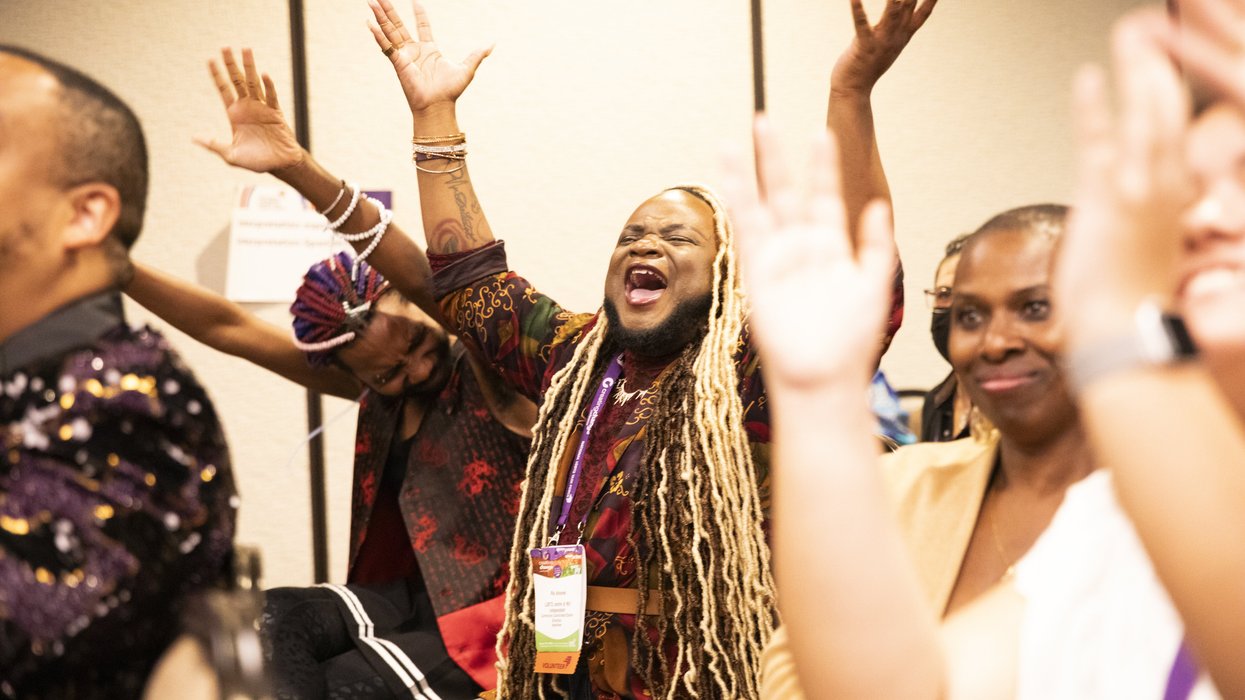
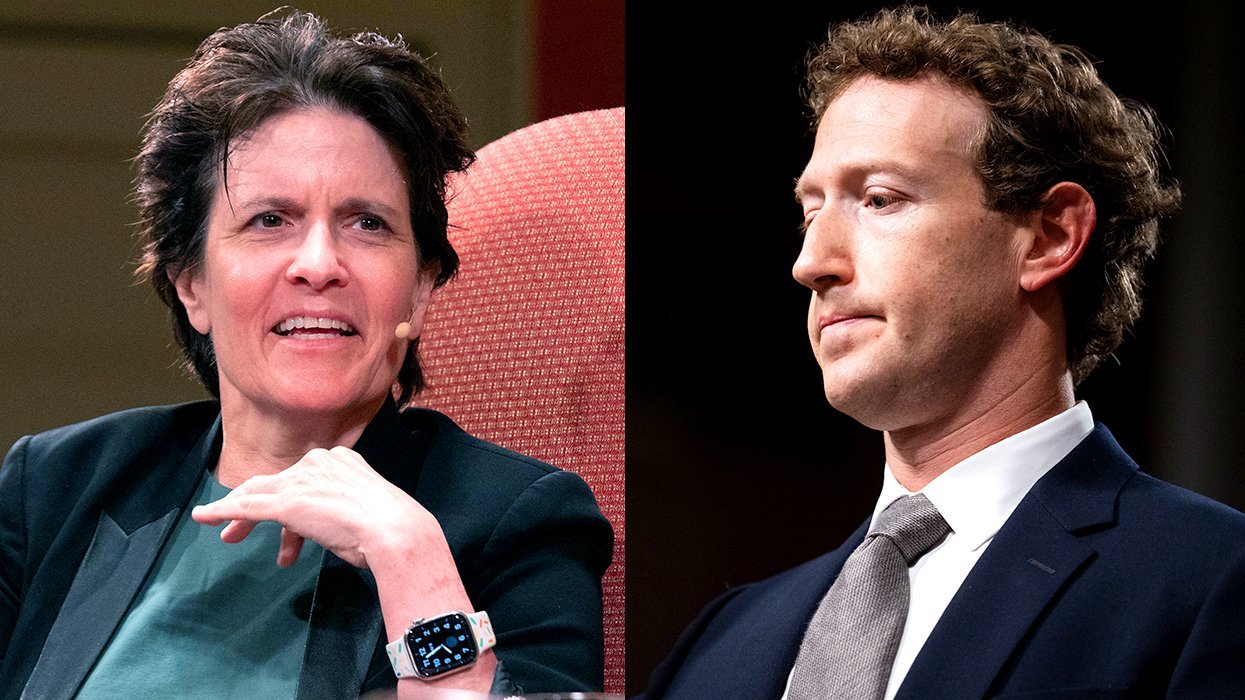












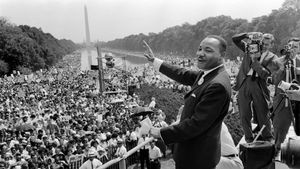




















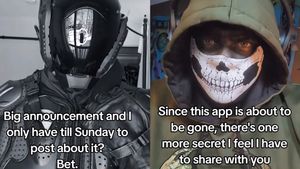















Beware of the Straightors: 'The Traitors' bros vs. the women and gays